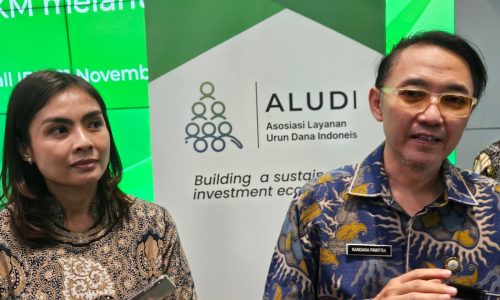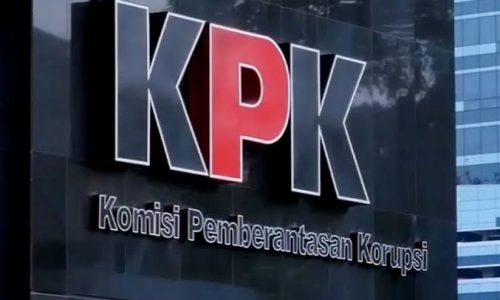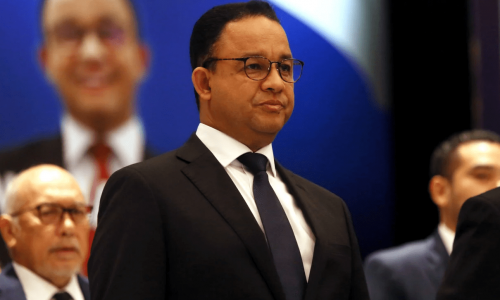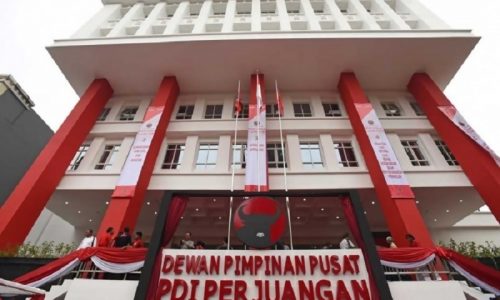The government’s policy of banning the sales of iPhone 16 in Indonesia for its failure to meet the Domestic Component Level (TKDN) requirement in the industry is not good for business and will only harm domestic consumers.
Teuku Muhammad Riefky Hasan, a macroeconomics and financial market researcher at the University of Indonesia’s Institute for Economic and Social Research(LPEM UI), said that in an era of an increasingly integrated global value chain, TKDN is considered an inappropriate strategy
“Other countries with advanced or rapidly developing industries are not too focused on TKDN. This policy tends to be protective and does not always support a good business climate,” Riefky said in an interview with Indonesia Business Post, on Thursday, November 7, 2024.
He said further that the presence of TKDN would make it difficult for foreign investors to operate in Indonesia, especially in importing the raw materials needed. In the context of the current global market, policies that limit the import of certain components or goods are considered to hinder consumer satisfaction.
He cited the ban on iPhone imports has caused many Indonesian consumers to switch to buying iPhones abroad at higher prices. This policy not only burdens consumers, but also does not provide incentives for Apple to invest in Indonesia.
He compared Indonesia’s competitiveness with neighboring countries, such as Vietnam, which is considered more competitive. In terms of the quality of human resources (HR), Indonesia lags behind Vietnam which has more skilled and qualified workforce in ASEAN. In addition, regulations in Vietnam are friendlier to investors, while Indonesia often faces challenges in terms of administration and low business certainty.
“Vietnam is very friendly to investors. They have simple, consistent, and friendly regulations towards business certainty. This is one of the factors that makes foreign investors choose Vietnam as an investment destination,” Riefky said.
He emphasized that if Indonesia wants to compete at the ASEAN level and attract more foreign direct investment (FDI), the government needs to focus on improving institutions and regulations that support legal certainty and property rights. In addition, improving the quality of human resources is also necessary so that Indonesia can meet industry standards and attract more investment in the high-tech sector.
“Improving good institutions and regulations, legal certainty, and improving the quality of human resources are very important. These are steps that must be prioritized if we want to compete and attract FDI investment to Indonesia,” he said.
Minister of Industry, Agus Gumiwang Kartasasmita, has earlier explained the background of the TKDN policy in Indonesia. This regulation requires telecommunicationdevices, including smartphones, to meet the minimum 40 percent of local components in their products. This provision is regulated in the Minister of Industry Regulation No. 29/2017.
Agus cited that Apple is in the process of acquiring the TKDN certificate for the iPhone 16, but until now, the company has not fulfilled the investment commitment agreed with the government of Rp1.71 trillion (US$ 108 billion). Apple’s current investment realization has only reached RP1.48 trillion, so there is still a shortfall of around Rp240 billion (US$15 million) that must be met before the sales permit can be granted.









